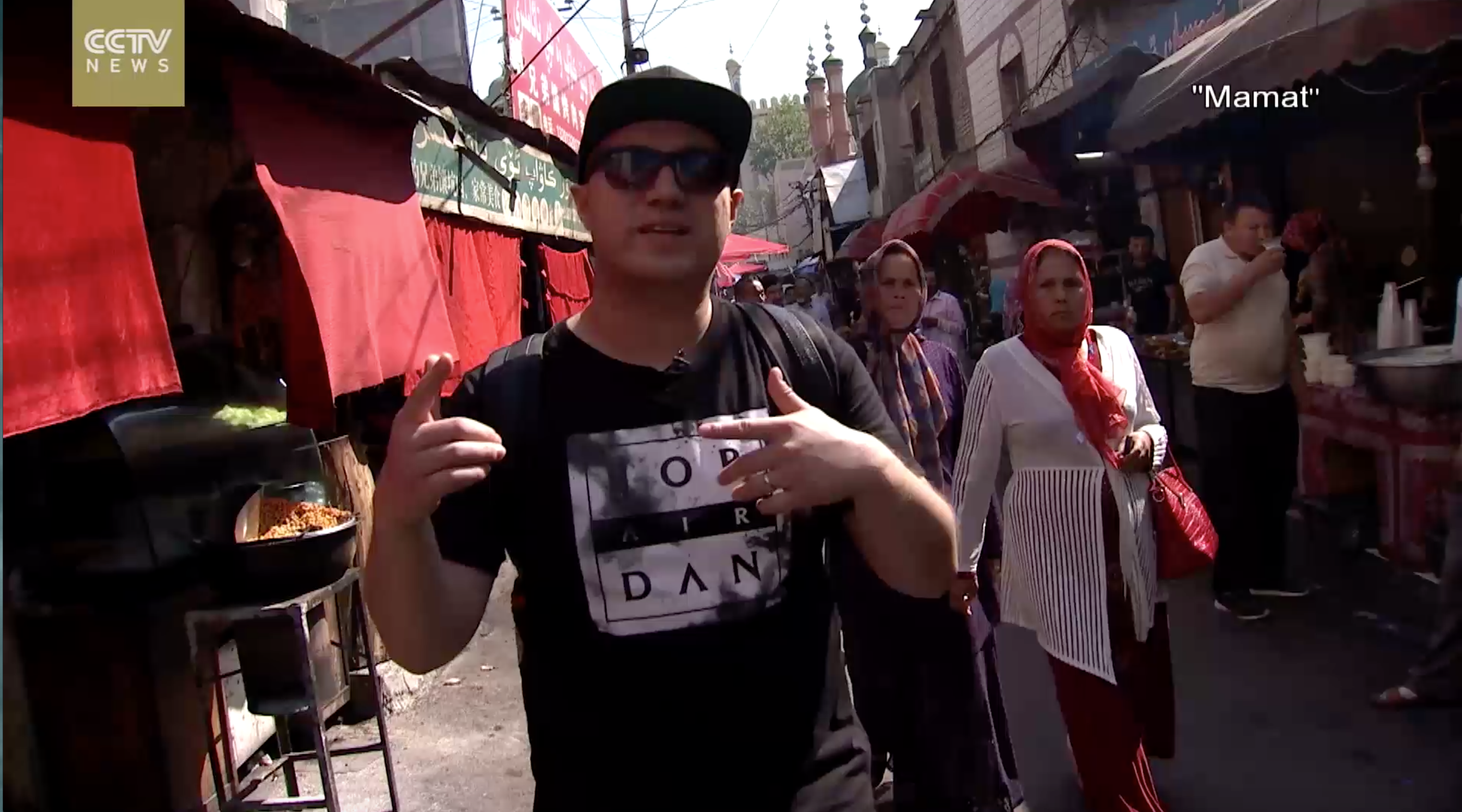
China
20:21, 14-Oct-2016
A-Mac: Rapper on the cutting edge in Xinjiang
Updated
10:19, 28-Jun-2018

China has a long-term policy to stabilize its far western Xinjiang Uygur Autonomous Region. But Xinjiang has been struggling with unrest in recent years. Some young people are trying to change that image by strengthening their ethnic identity in modern ways.
In our series “Xinjiang: Exploring China’s New Frontier”, reporter Han Bin profiles a Uygur rap singer. Thirty-year-old A-Mac Adil wants to use music as a bridge to overcome prejudice and stereotype. And he does it with a combination of strong rhythm and poetic lyrics in Mandarin.
He was inspired to create the song “Mamat” from his years of experience in major cities. He left Urumqi for Beijing at the age six, and started to love hip hop as a child. For him, music is a good way to convey the Uygur culture to others.

“Music can get people interested first in you, and then your ethnic culture,” he said. “I use music to influence others, so that more people know the other side of my ethnic group. Uygurs have colorful traditions, but young people are also doing cool things like everyone else in the modern world.”
To help people better understand Xinjiang and Uygur culture, he uses Mandarin Chinese to write lyrics but also sticks to the musical elements of his own ethnic minority.
“I don’t stress in lyrics I come from Xinjiang, but stress I am an ordinary young man, like everybody, who has anxieties, worries and pressures from life, and even frustrations,” he explained.

During the interview, the singer also expressed his dream of expanding the influence of his music in China and even abroad.
“Music helps unite different cultures. People may forget about their different backgrounds and enjoy music together. I hope I can stand on bigger performing stages. I hope to change my life by working hard, and that all others can work together, to change people's stereotypes of Xinjiang.”
(Based on a story from Han Bin)

SITEMAP
Copyright © 2018 CGTN. Beijing ICP prepared NO.16065310-3
Copyright © 2018 CGTN. Beijing ICP prepared NO.16065310-3